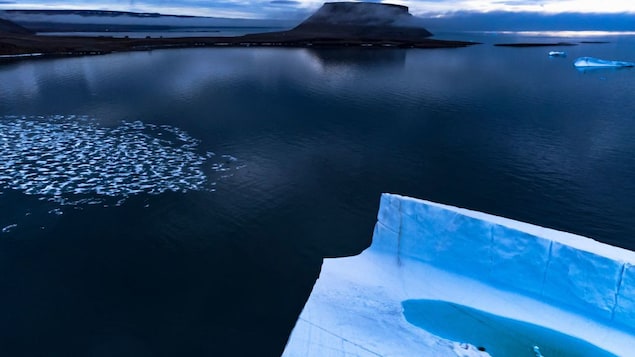
Arctic could be consistently ice-free as early as 2035
They focused on different aspects like when an ice-free Arctic might happen in September, how often it might occur, and if it could extend to other months. Consistently ice-free conditions, which refers to the transition to a frequently ice-free Arctic, are expected to occur between 2035–2067 under the high-emission scenarios, with a small delay possible for lower-emission scenarios, the researchers said. “Even if ice-free conditions are unavoidable, we still need to keep our emissions as low as possible to avoid prolonged ice-free (new window) conditions,” Jahn said. “Clarity on how this issue will be handled will facilitate communication around the occurrence of the first ice-free Arctic when it occurs. The study, Projections of an ice-free Arctic Ocean published in the journal Nature Reviews Earth and Environment.
Source: CBC News March 09, 2024 01:06 UTC







